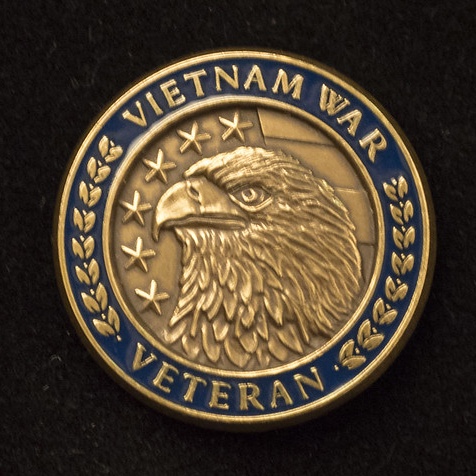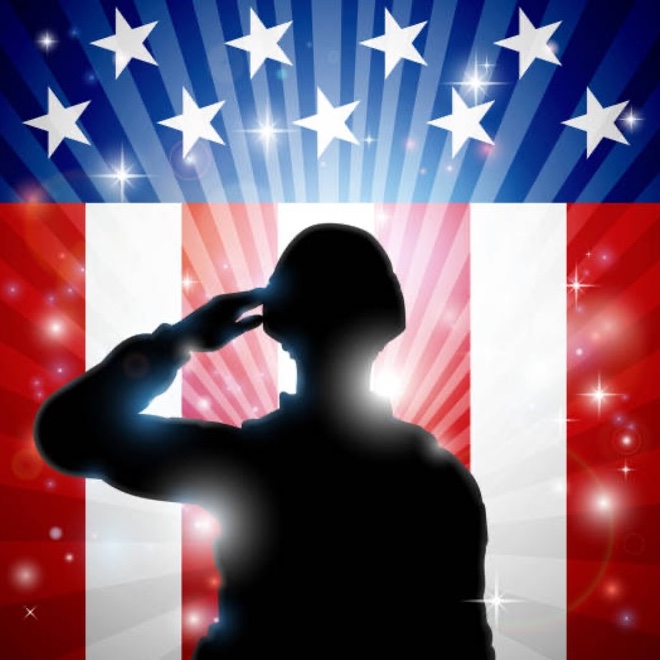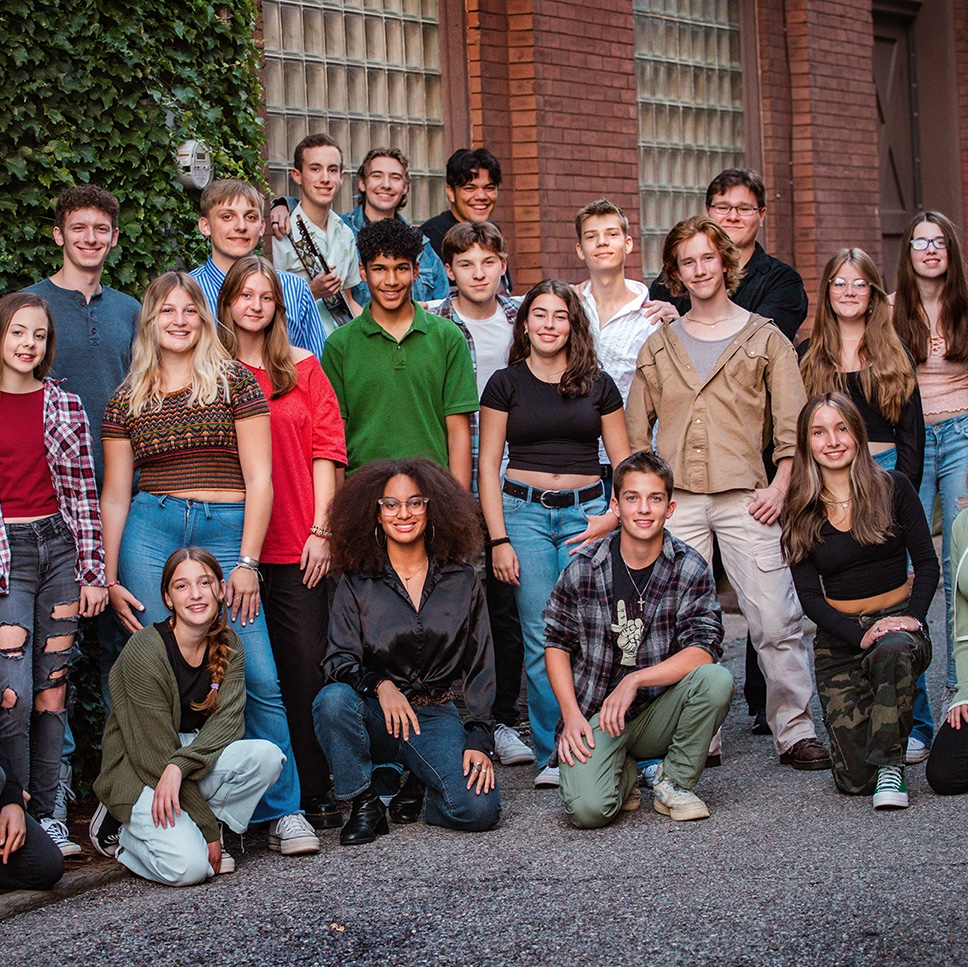Muncy Historical Society, Northcentral Chapter 8, Lycoming College Unite to Offer One-of-a-Kind Archaeology Experience to Area Youth
MUNCY — Arch in the Park is a hands-on heritage program designed by students for students.
Organized by communication students at Lycoming College, Arch in the Park is an archaeological outreach offered by Muncy Historical Society, Northcentral Chapter 8 and Lycoming College’s archaeology department, under the direction of Robin Van Auken of Hands on Heritage.
Together, the groups are hosting an interactive archaeology demonstration, including hands-on terrestrial and underwater archaeological activities, to promote learning from 1-3 p.m. Sunday, April 24, 2016 at Muncy Heritage Park and Nature Trail, 601 Pepper St.

While in Florida at the St. Augustine Lighthouse Archaeological Maritime Program during Spring Break, Lycoming College underwater archaeology students, from left, Ben Conrad, Darrin Coleman and Richard Matel-Galatis record artifacts “in situ.”
According to Jenny Reilly, a senior at Lycoming College and the primary organizer of the event, “This is a fun and educational opportunity for people of all ages to learn about archaeology.”
Reilly has a passion for archaeology, and after graduation in May, will attend graduate school for museum studies.
She has a keen interest in preservation and digital archaeology, spurred by the destruction of antiquities in the Middle East.
Arch in the Park is the kick-off event of a series of unique, educational activities planned by Lycoming College students at the Muncy Heritage Park. These events include a Birds and Bugs Hike, a Fishing Derby and the popular star-gazing event, Under the Night Sky.

Hands-on activities for Arch in the Park will be taught by Lycoming College underwater archaeology students, who will show attendees how to record artifacts with a grid, handle lines and tie knots, and demonstrate scuba gear and tools they use when researching nautical sites.
Assisting Lycoming College with a hands-on excavation are the members of the local archaeology chapter, Northcentral Chapter 8, Society for Pennsylvania Archaeology.
The group is active locally and excavate during the spring and summer at the Glunk Site in Montoursville. The group will display prehistoric Indian artifacts at the event.
About Muncy Historical Society
Muncy Historical Society and Museum of History, a not-for-profit, all volunteer organization founded in 1936, focuses on preservation and conservation of the rich history and heritage of Muncy and surrounding communities—its people, businesses, education, arts, traditions and folklore—by sponsoring educational programs and activities, through research and publication of our history, and interpretation of the museum’s collection for the community, including schools, colleges, community groups and professional historians.



